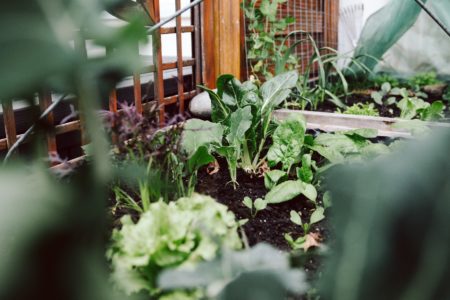
As a new gardener, you’re probably wondering where to begin. Whether you’re planting fruits, vegetables, flowers, or herbs, there are several tips you can follow to get the most out of your gardening experience.
In this blog post, we’re going to share seven gardening tips for the new gardener. These tips will help you grow your plants successfully, enjoy the process, and even save you money.
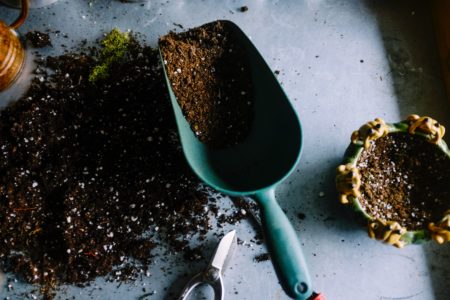
1. Start with the right soil
The first step in growing anything in your garden is to start with the right soil. Before starting your garden, you should know what type of soil you have. While sandy soil is great for drainage, clay soil is full of nutrients. Both types of soil, however, can be improved by adding organic compost and nutrients for optimal health and growth. Research the best soil for your particular garden and go from there.
2. Learn about the sunlight requirements of each plant
Not all plants require the same amount of sunlight. While some plants thrive in shade, others require full sunlight. Knowing the sunlight requirements is crucial and can determine the condition and lifespan of a plant and garden. Before deciding on where to plant your garden, you may want to take some time to observe how the sunlight falls on different areas of your yard.This will help you decide where to place your plants.
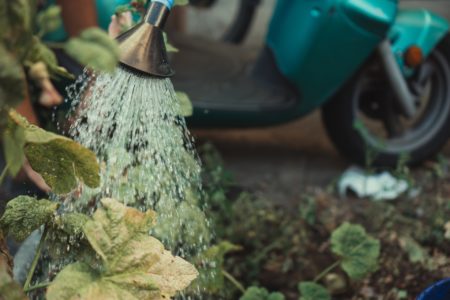
3. Water your plants regularly
Having a consistent watering schedule for your plants is essential to their growth. Most plants require at least an inch of water per week, however, you should always check your soil’s moisture level first. A good way to check your soil is to stick your finger two inches into the soil. If it feels dry, it’s time to water your plants. Alternatively, you can purchase a soil moisture meter, which will quickly and easily determine the soil moisture for you.
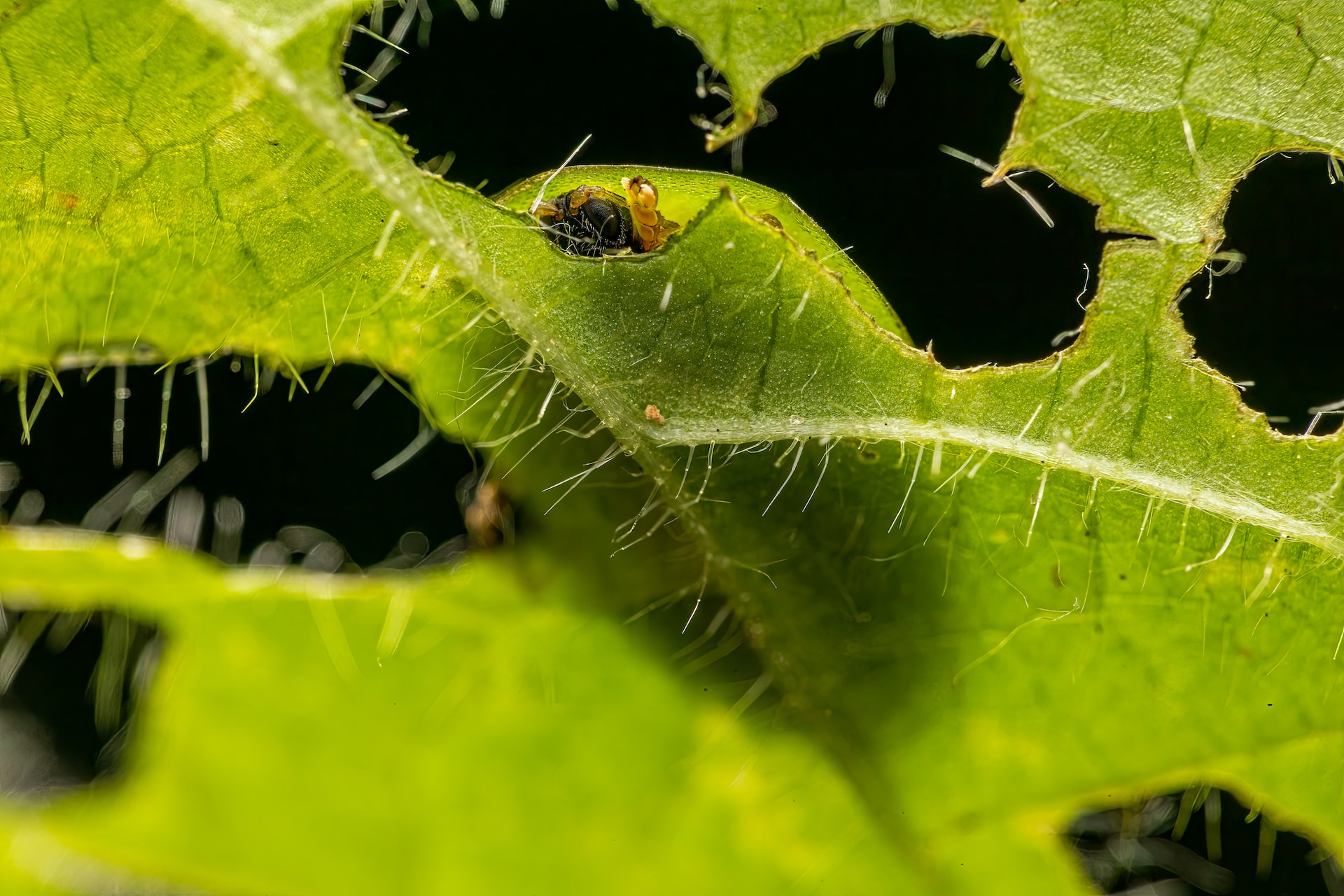
4. Keep an eye out for pests and diseases
Pests and diseases can wreak havoc on your plants if you’re not careful. Some common garden pests include aphids, spider mites, and snails. Fortunately, these pests can be controlled with insecticides and natural remedies. Diseases like powdery mildew and blight can also be prevented by removing infected plants and cleaning your garden tools regularly.
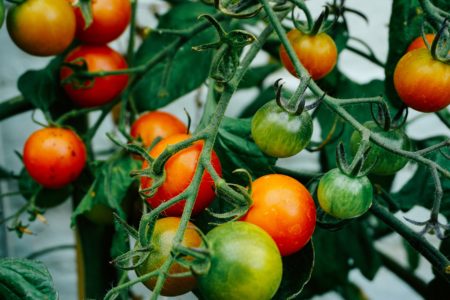
5. Try new methods
New methods of gardening are constantly evolving to meet the changing needs and challenges of modern gardening enthusiasts. These innovative approaches often incorporate sustainable practices, advanced technology, and a deeper understanding of plant biology. From vertical gardening and hydroponics for urban spaces to permaculture and no-till gardening for soil conservation, these new methods empower gardeners to cultivate lush and productive gardens while minimizing environmental impact.

6. Use organic methods whenever possible
Using organic methods to control pests and diseases is always the best option. Not only do chemical pesticides negatively affect the environment, but they also harm beneficial insects. Natural remedies like neem oil and diatomaceous earth can help control pests without harming beneficial insects.
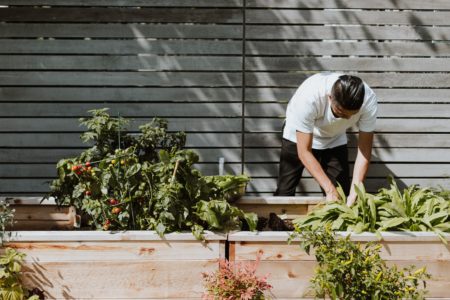
7. Start small
By starting small, you will avoid the overwhelm that comes from attempting a large garden all at once. Approaching your new garden a little at a time will help you learn what works best for your yard and plants. Focus on growing a few types of plants the first year, and then gradually expand your garden each year after that. Before you know it, you will be boasting a beautiful and luscious garden!
Growing a garden is a fulfilling and rewarding hobby. By taking some time to learn about and plan the process, you will ensure a vibrant and successful garden for years to come.
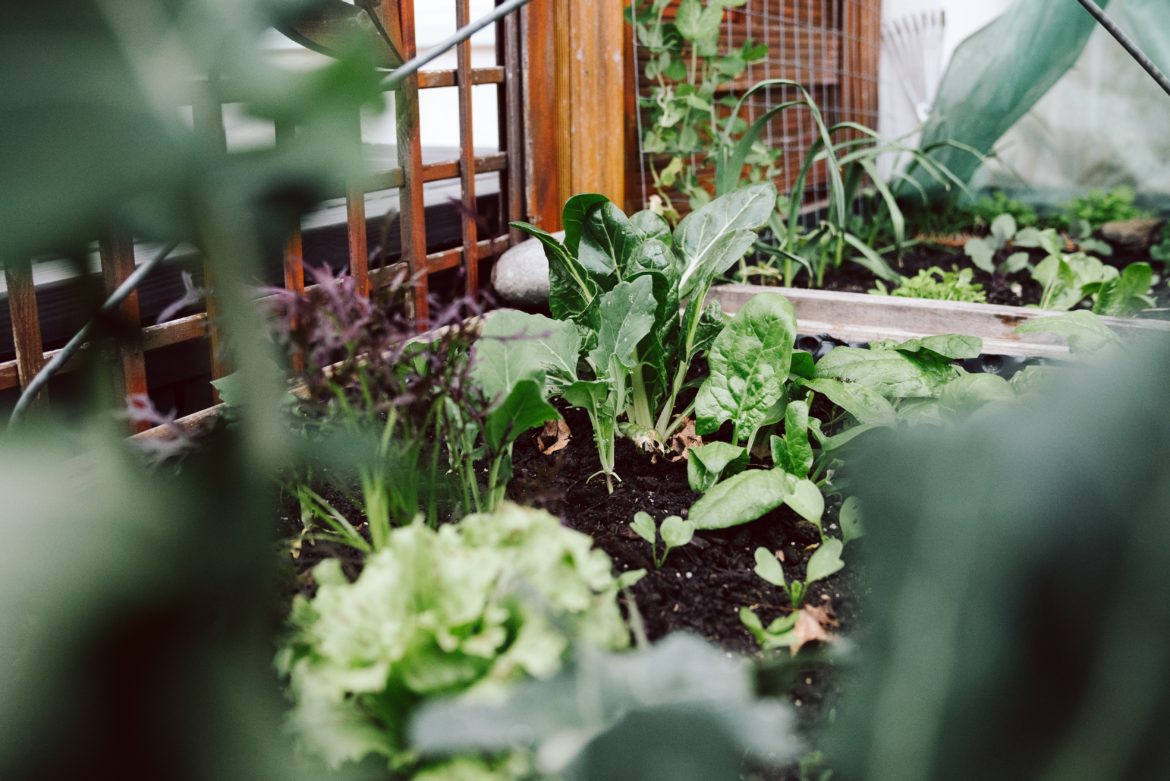
Leave a Reply